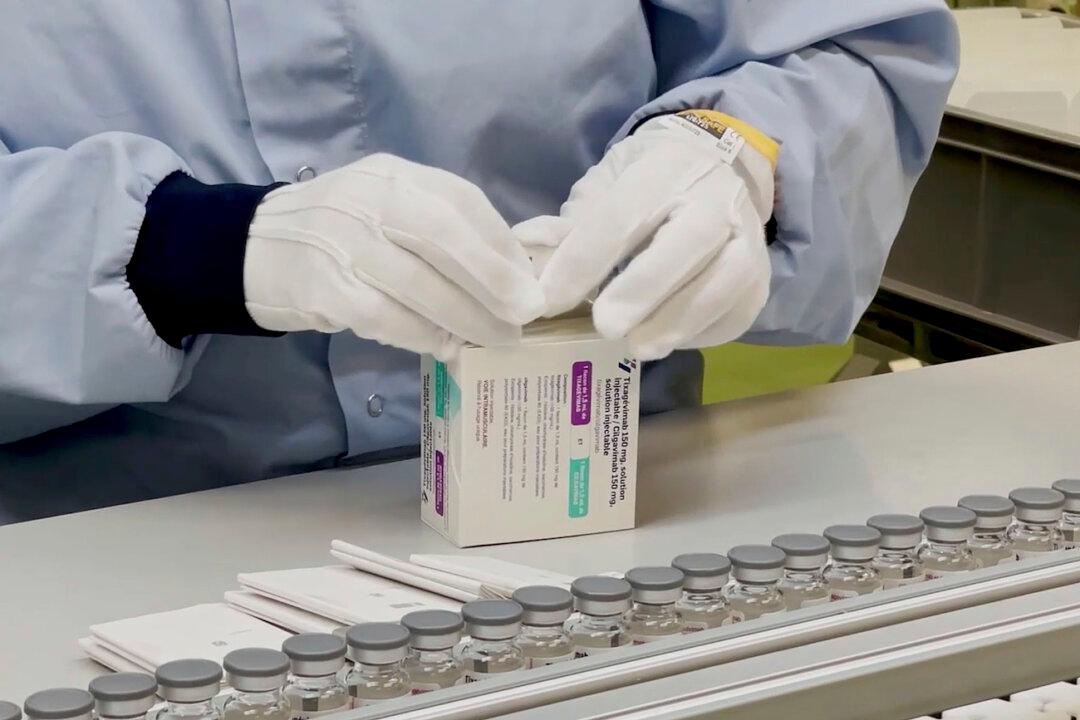The U.S. National Institutes of Health (NIH) on Monday advised that people who are immunocompromised should take precautions after a COVID-19 treatment’s emergency use authorization was withdrawn last week, noting that there is currently no pre-exposure prophylaxis authorized for COVID-19.
In a revised statement published on Jan. 30, the agency said that “there is no authorized or approved agent for use as PrEP of COVID-19” after the U.S. Food and Drug Administration (FDA) pulled authorization for Evusheld, an AstraZeneca-made combination of tixagevimab plus cilgavimab that was given to people with weak immune systems.





